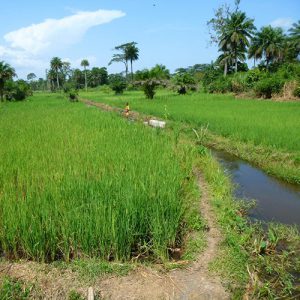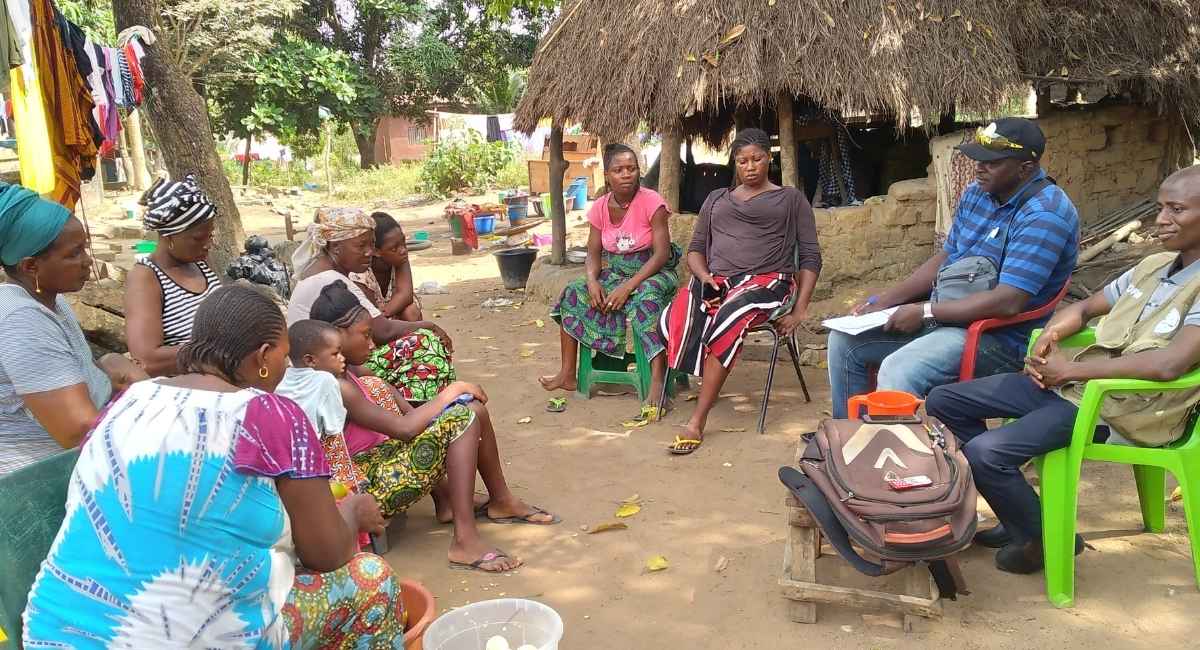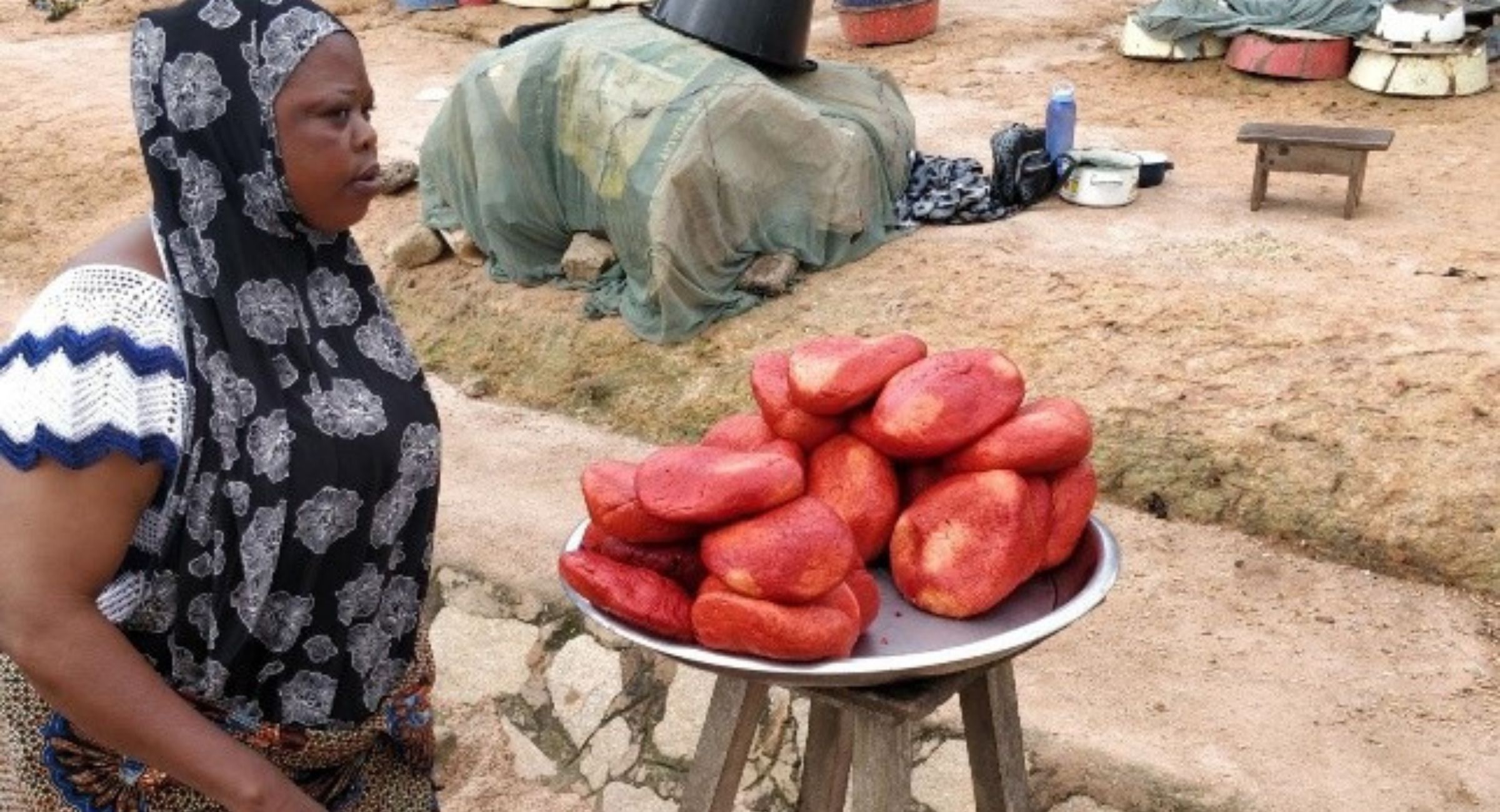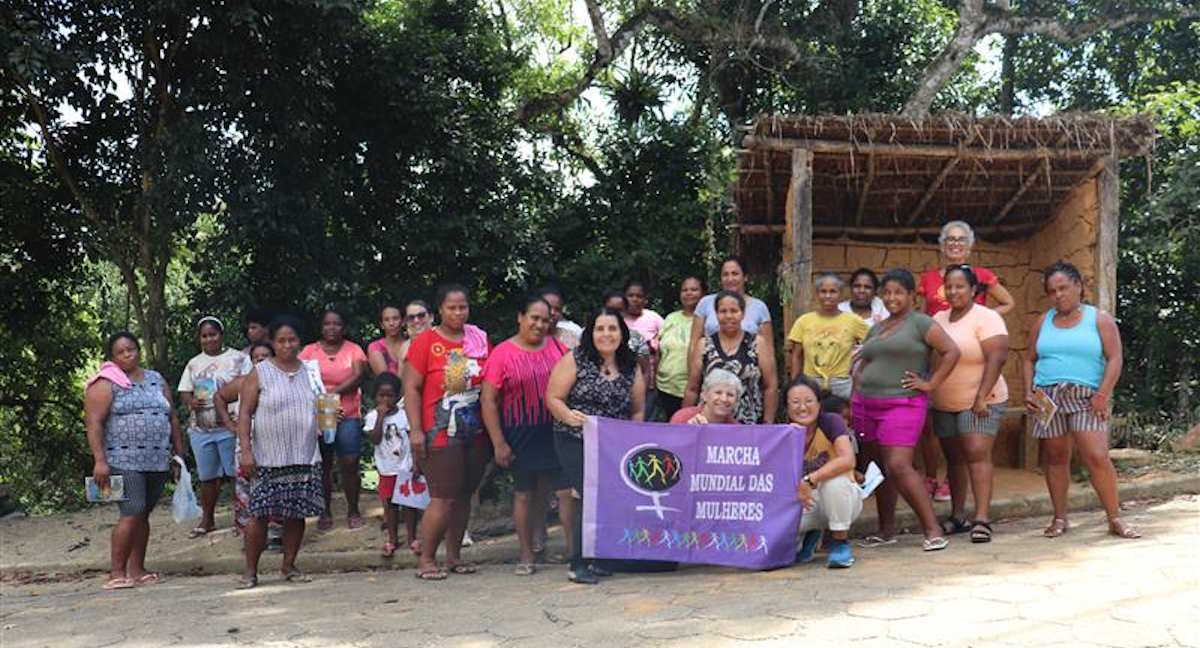Since 1995, GRET and its partners have been supporting the structuring of family farm value chains in Guinea and contributing to improving living conditions for producers and rural entrepreneurs. The projects implemented over the years made it possible to begin agroecological transition and to ensure better distribution of local quality products in both the countryside and cities.
Small-scale and family farming represents 65% of activity in rural areas in Guinea. It is of central importance in demographic, economic, social and nutritional issues, and plays an important role in the preservation of ecosystems and natural resources. Strengthening this type of farming is a major challenge for the development and balance of Guinean society, in a context of demographic growth, rural exodus, migration, increasing presence of agro-industrial companies, increasing needs and changes in eating habits.
The Ebola virus epidemic accentuated these difficulties by preventing exports of local products in the sub-region and reducing the capacity of those involved in agriculture to produce, process and market their products on the domestic market from 2015 to 2016. Climate change is also aggravating these vulnerability factors. It is estimated that by 2100, evolution of the surface temperature in Guinea will be between +4°C to +5°C across the regions, while the rise in sea levels will affect 300 kilometres of coastline. These changes could lead to the agricultural plains in southern Guinea being submerged, while multiplication of severe droughts and floods in the north of the country will disrupt the farming calendar and affect populations’ food and nutrition security.
Choosing agroecology
The project for Food security, resilience and agroecology in Guinea (Sara), conducted from 2016 to 2019 by GRET and its partners – Guinean entrepreneurs centre (MGE), Fouta Djallon farmers’ federation (FPFD), CCFD-Terre Solidaire – was implemented in response to the Ebola virus epidemic and the effects of climate change. Its actions supported the development of several food crop and market garden value chains (rice, palm oil, onion, corn, potato) that are crucial for families’ food supplies and food security. The project is distinct in that it took an agroecological approach, which was implemented in Forest Guinea and Middle Guinea. These actions were complemented by strengthening of economic activities such as processing and marketing, enabling stakeholders to sell diverse quality products and to promote sufficient quantities of local products in urban and rural markets.
The Sara project made it possible to identify and better understand the constraints faced by family farms through agroecological and agrarian diagnoses, studies conducted in the various natural regions, and through several national workshops for participative reflection on these issues. Farming families realised their positive and negative impacts on their immediate natural environment, in particular due to the repetition of certain detrimental farming practices, as well as the use of excessive herbicides, chemical fertilisers and phytosanitary products, leading to a decrease in soil biodiversity, which is essential to retain soil fertility.
In light of this observation, the project partners explored several avenues enabling family farms to continue cultivating the same soil over several years while protecting its fertility and its capacity to retain water. The implementation of agroecological practices emerged as the best solution.
GRET, together with its partners and the Guinean Institute of agronomic research (IRAG), the Forest Guinea regional agronomic research centre and the French national research institute for sustainable development (IRD), conducted several local consultation actions on water resources, identification of difficulties faced by small-scale and family farms, and identification of several innovative agroecological practices enabling improvement of family farms’ resilience to cope with the effects of climate change.
Improvement of product food safety and nutrition quality
The relatively high level of chronic malnutrition and food insecurity that existed when work began in the various project zones, particularly in rural areas, seemed paradoxical. As agricultural stakeholders’ standards of living are relatively low, the project partners sought the means to enable the latter to earn more income from their activities while improving and diversifying their eating habits using local quality products, particularly for children and pregnant and breastfeeding women.
The project actions made it possible to generate added value related to the improvement of product quality and better organisation of marketing. Work on improved rice shelling and parboiling for example, made it possible to produce more nutritional rice, as well as decreasing the level of broken rice, which gives a higher value to the final product, while at the same time reducing the impact on wood consumption by using appropriate stoves.
With the setting up of the Böra Maalé Fanyi Network in Lower Guinea, the project made it possible to continue generating added value for products in the rice value chain at every stage of the chain. A negotiation between value chains made it possible to distribute the added value generated among the stakeholders on the basis of consensus, with regular discussions on price in order to correspond to actual production costs and market demand.
In Forest Guinea, for the rice and palm oil value chains, product quality was also improved, thanks to the development and dissemination of best practice guidelines, together with organisation of marketing, enabling generation of additional added value.
Taking an integrated approach, functional literacy facilitated access for small producers to technical assistance and management advice. The latter can better analyse the technical and economic underpinnings of their practices thanks to advice on management and family farming; lastly, it strengthens participation in farmers’ organisations and, directly or indirectly, the governance of these organisations. Literacy also makes it possible to introduce awareness-raising on feeding practices for infants, young children and pregnant and breastfeeding women, with distribution of flash cards on various subjects. Cooking demonstrations are also carried out by nutrition relay persons identified in each group, showing how to prepare nutritious meals using quality local foods. A “Buy Guinean Products” shop was opened during the project, making it possible to highlight local products such as Böra Maalé Fanyi rice and Ziama coffee, which were supported by GRET.
The Sara project made it possible to initiate certain approaches to significantly improve food and nutrition security for agricultural stakeholders over the long term. The foundations have been laid and stakeholders are committed to improving their practices. The issues of climate and degradation of ecosystems are core project challenges for which GRET will continue to support stakeholders after the end of 2019, particularly in Forest Guinea and Lower Guinea.






